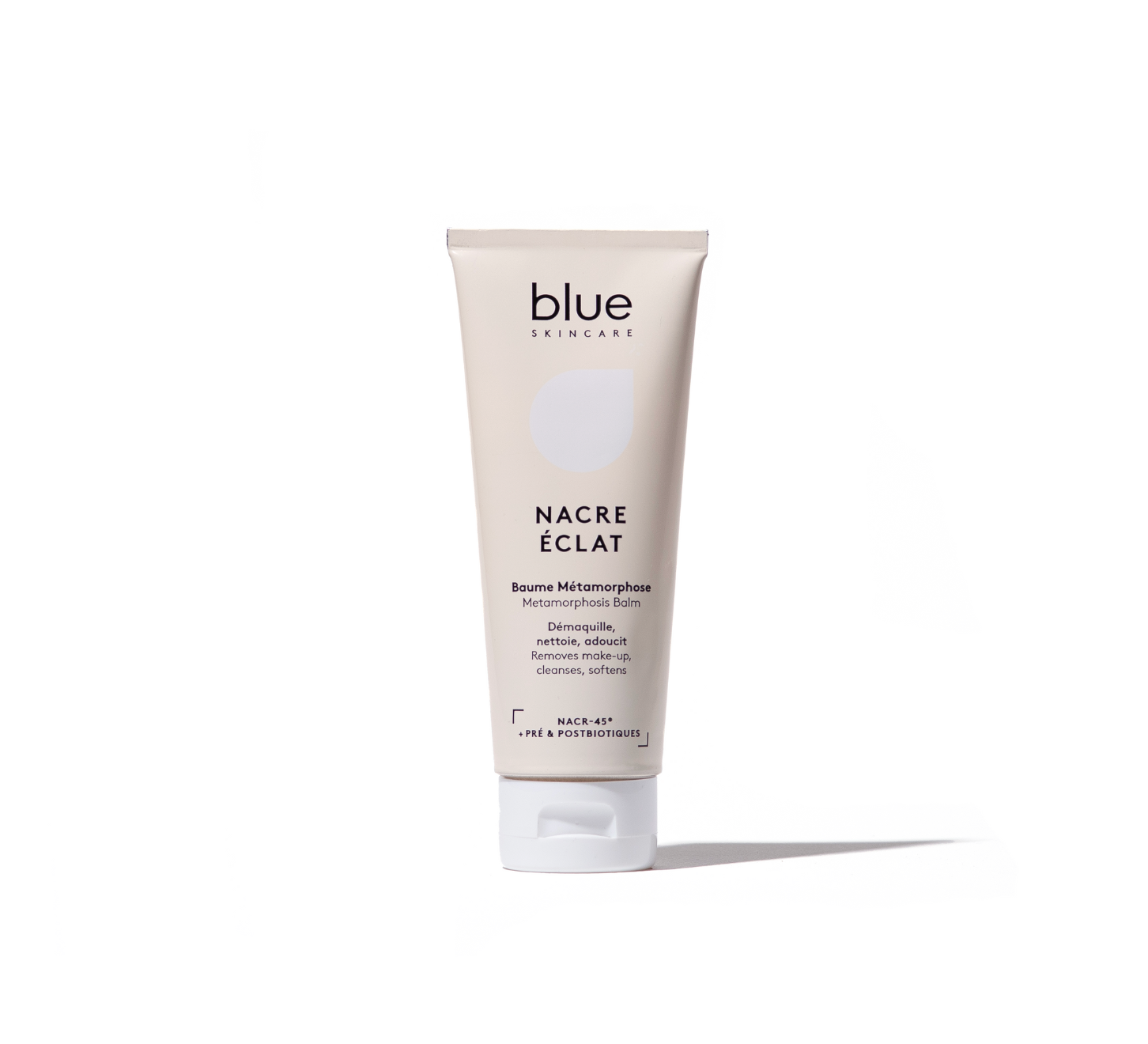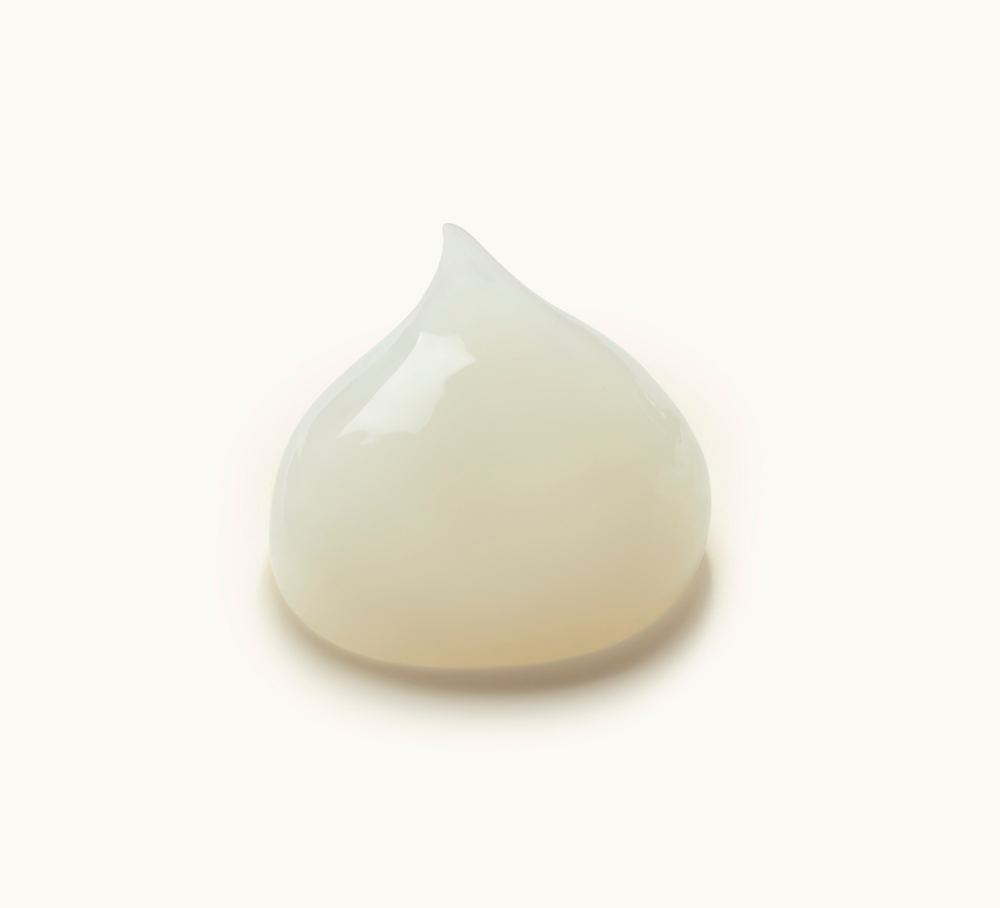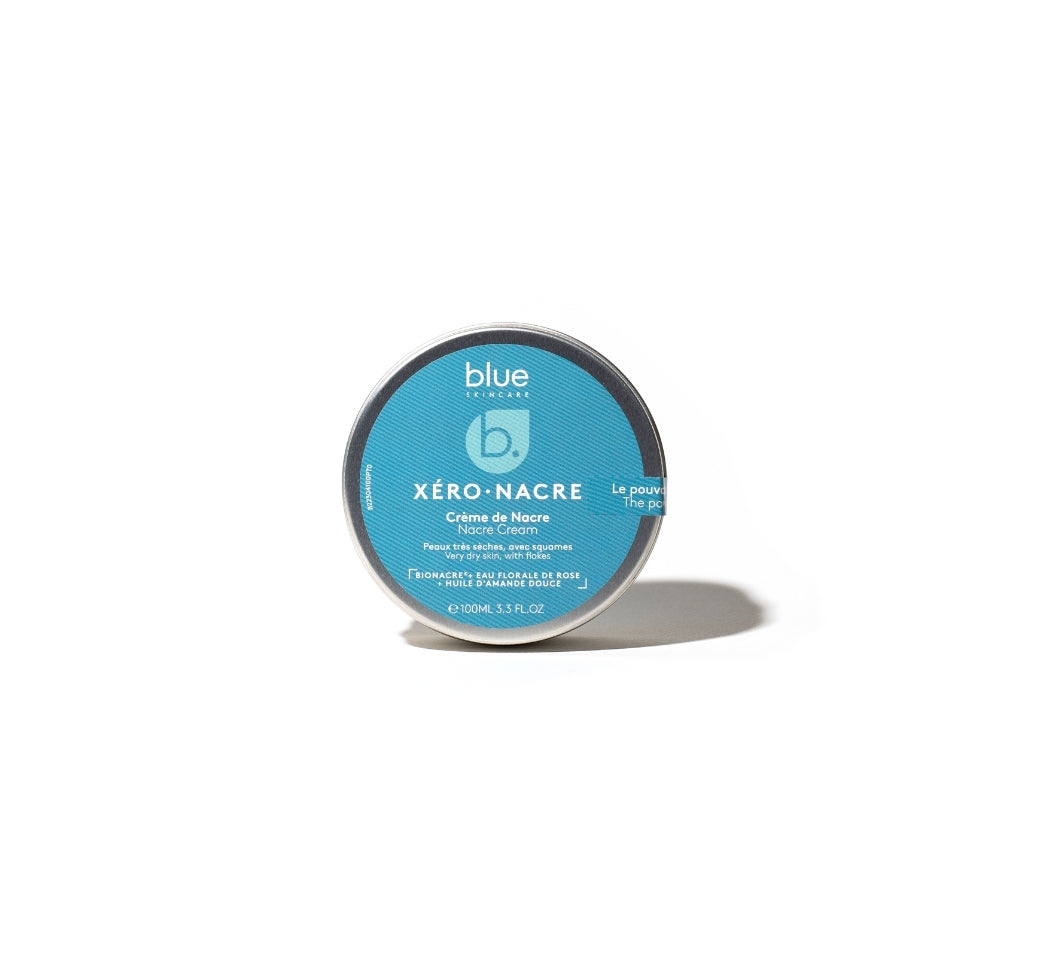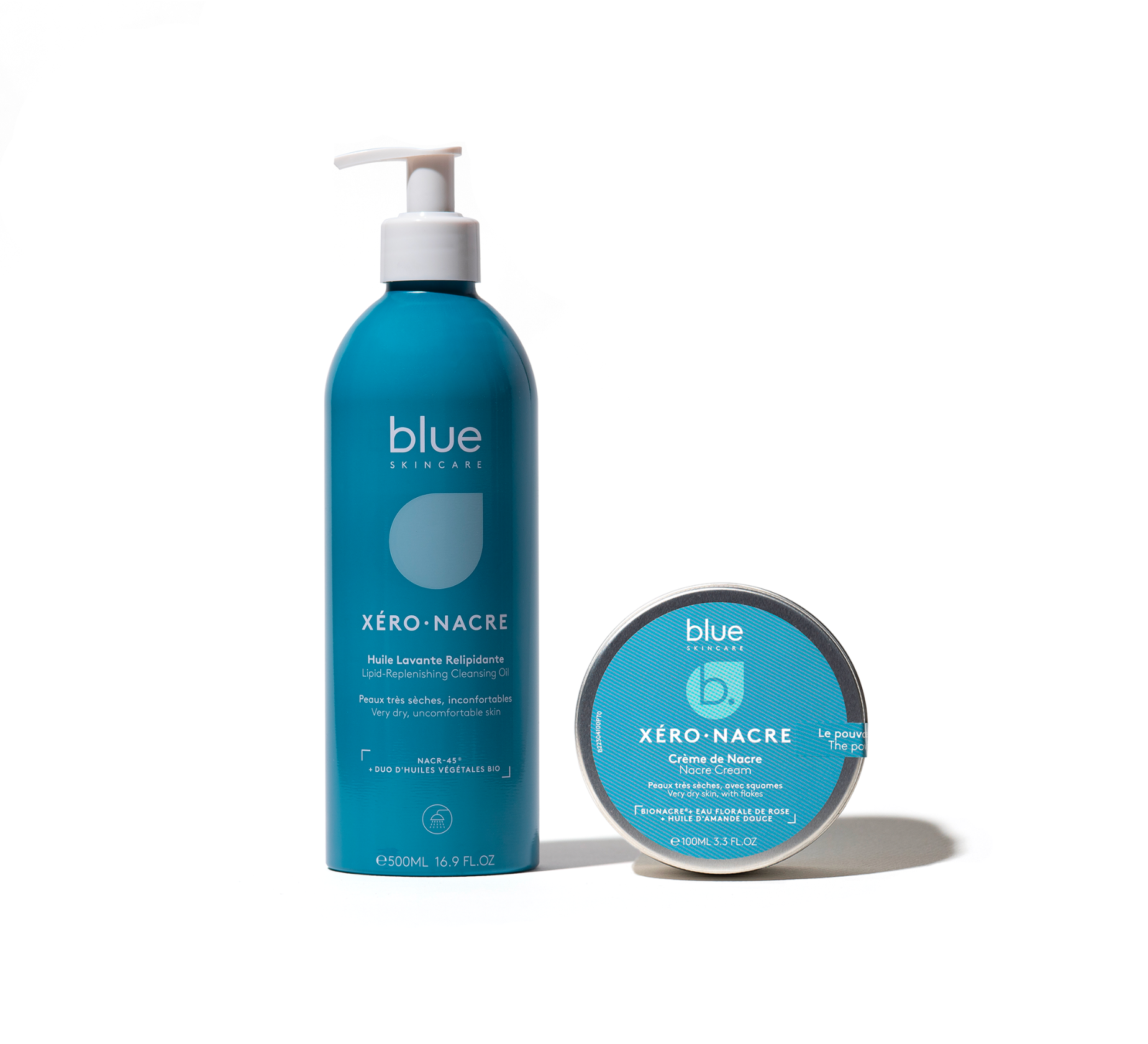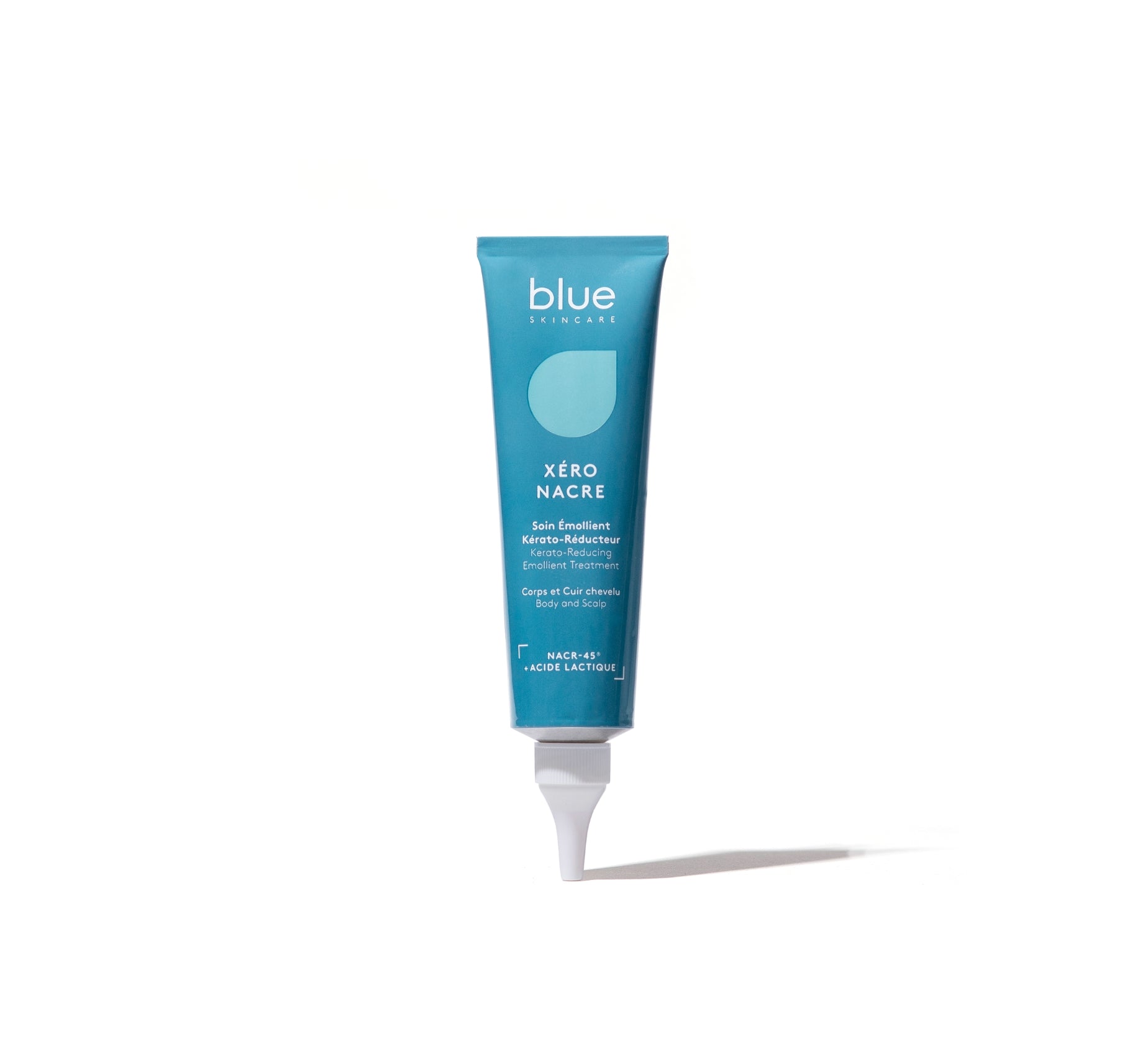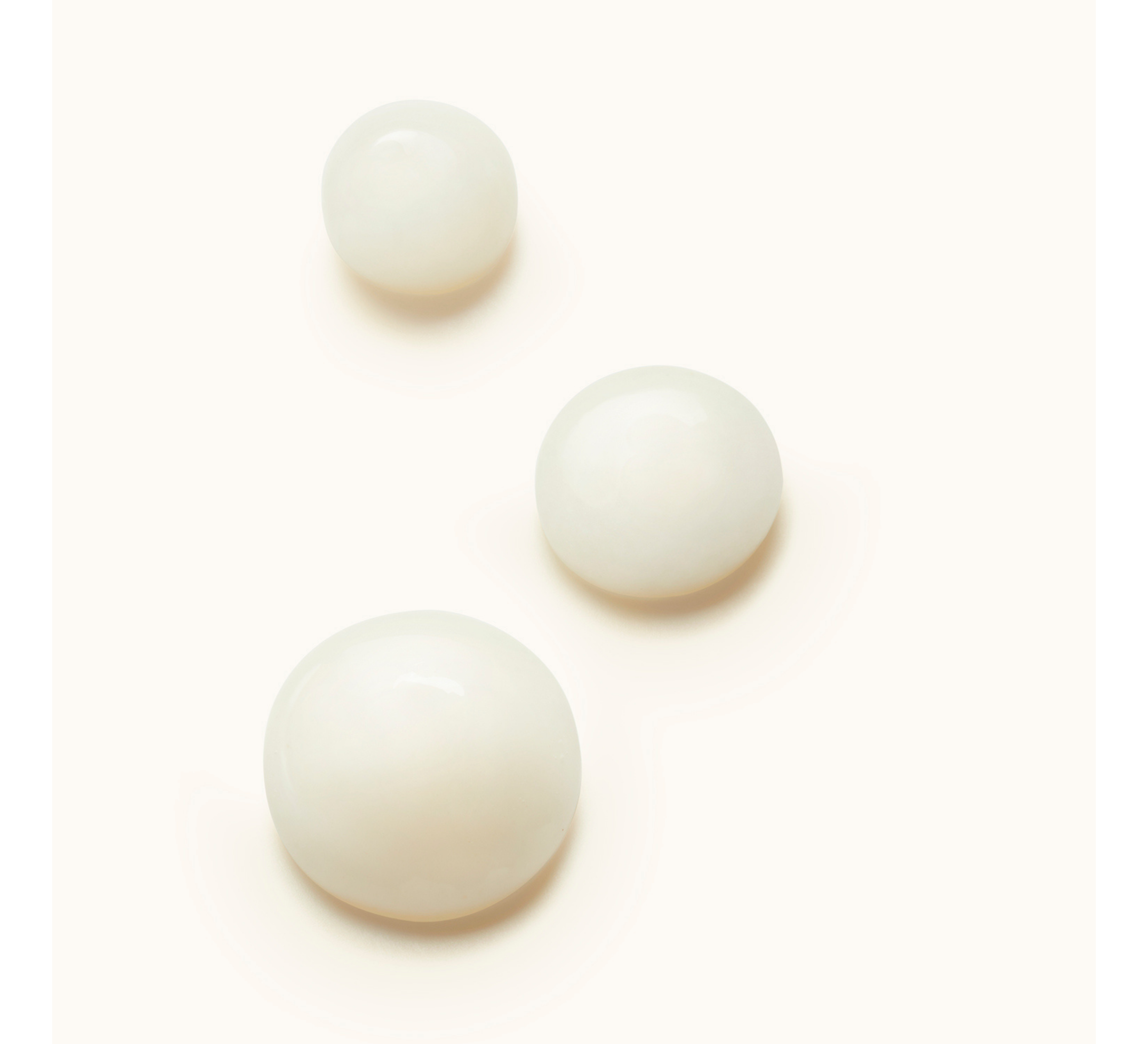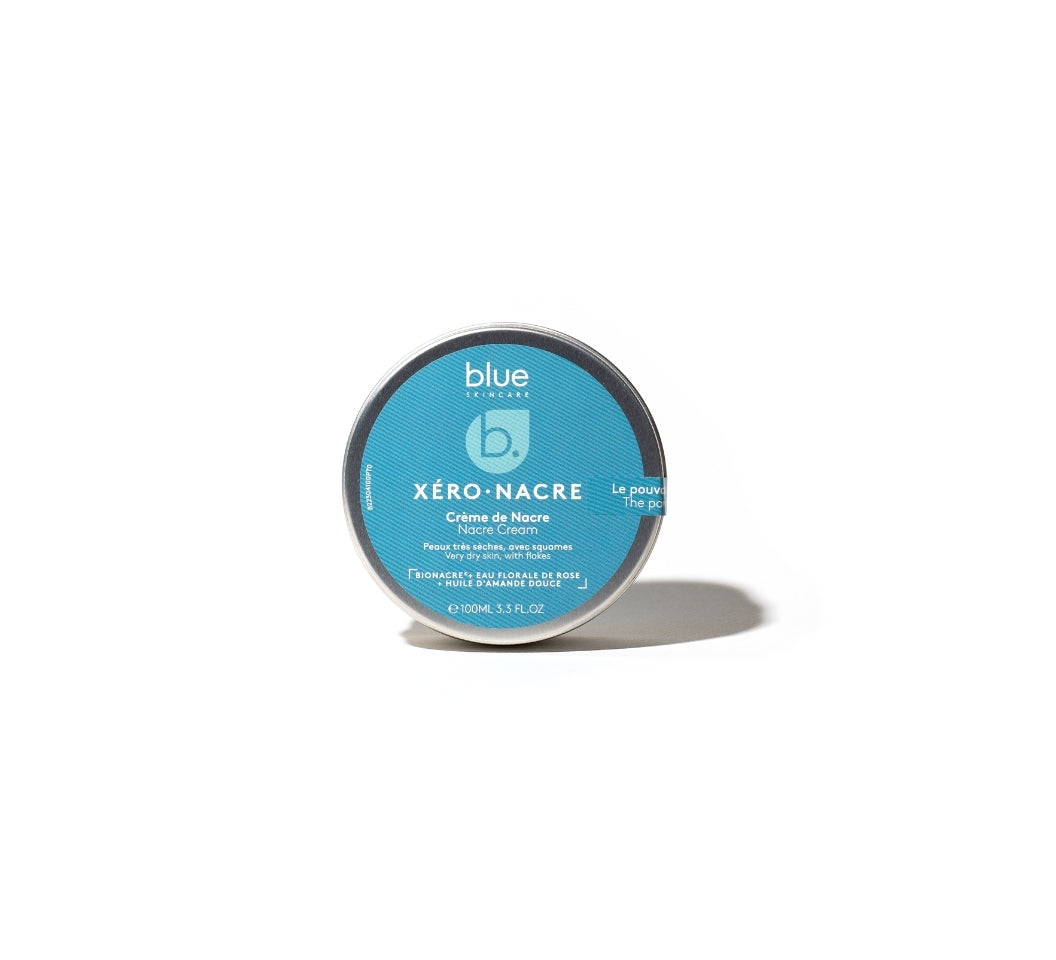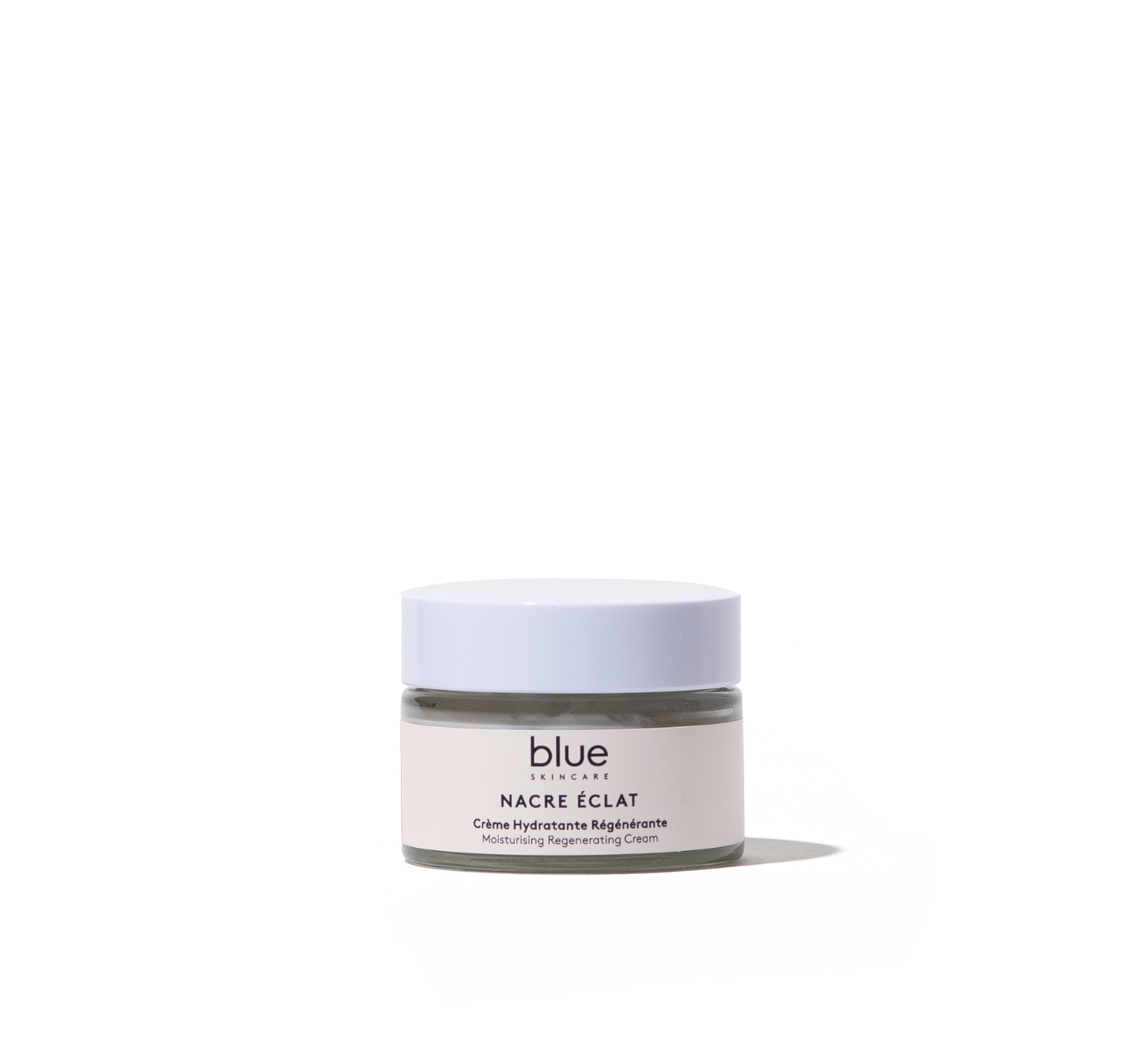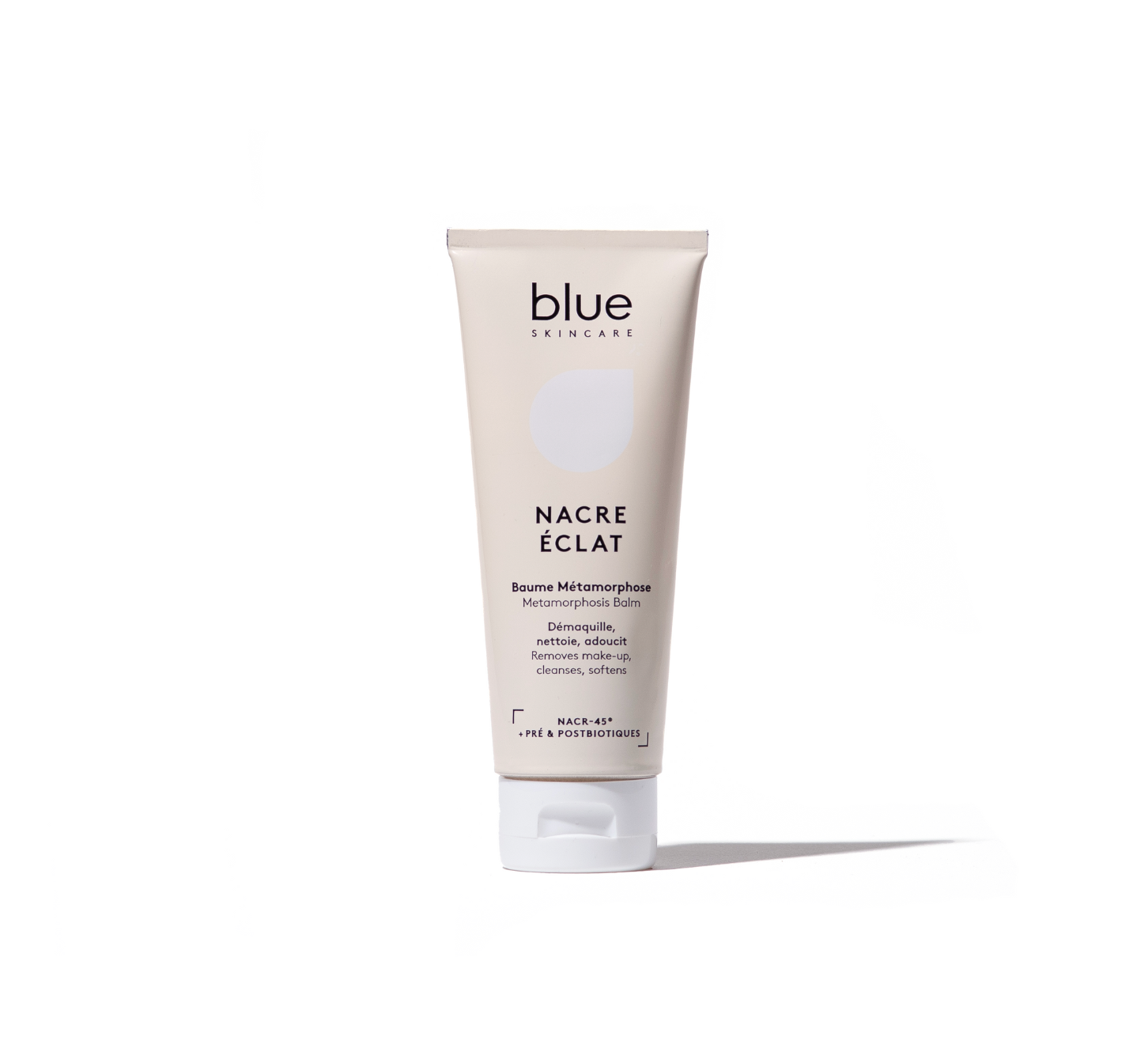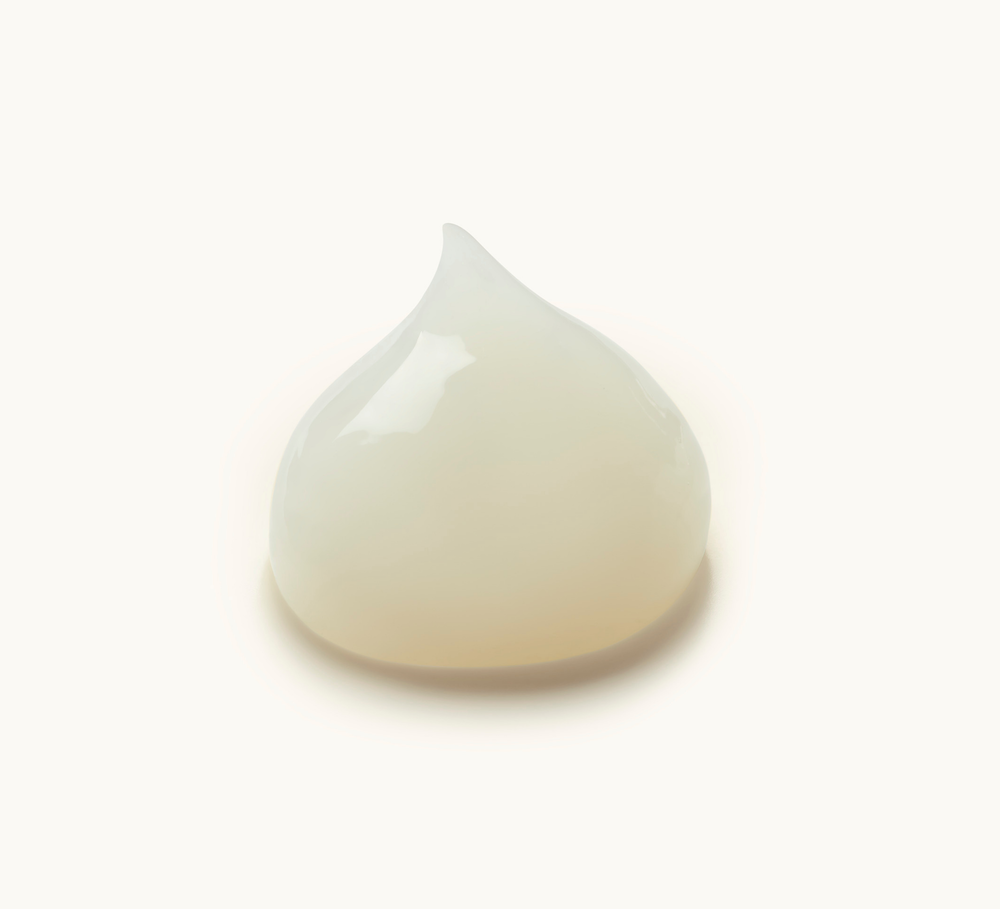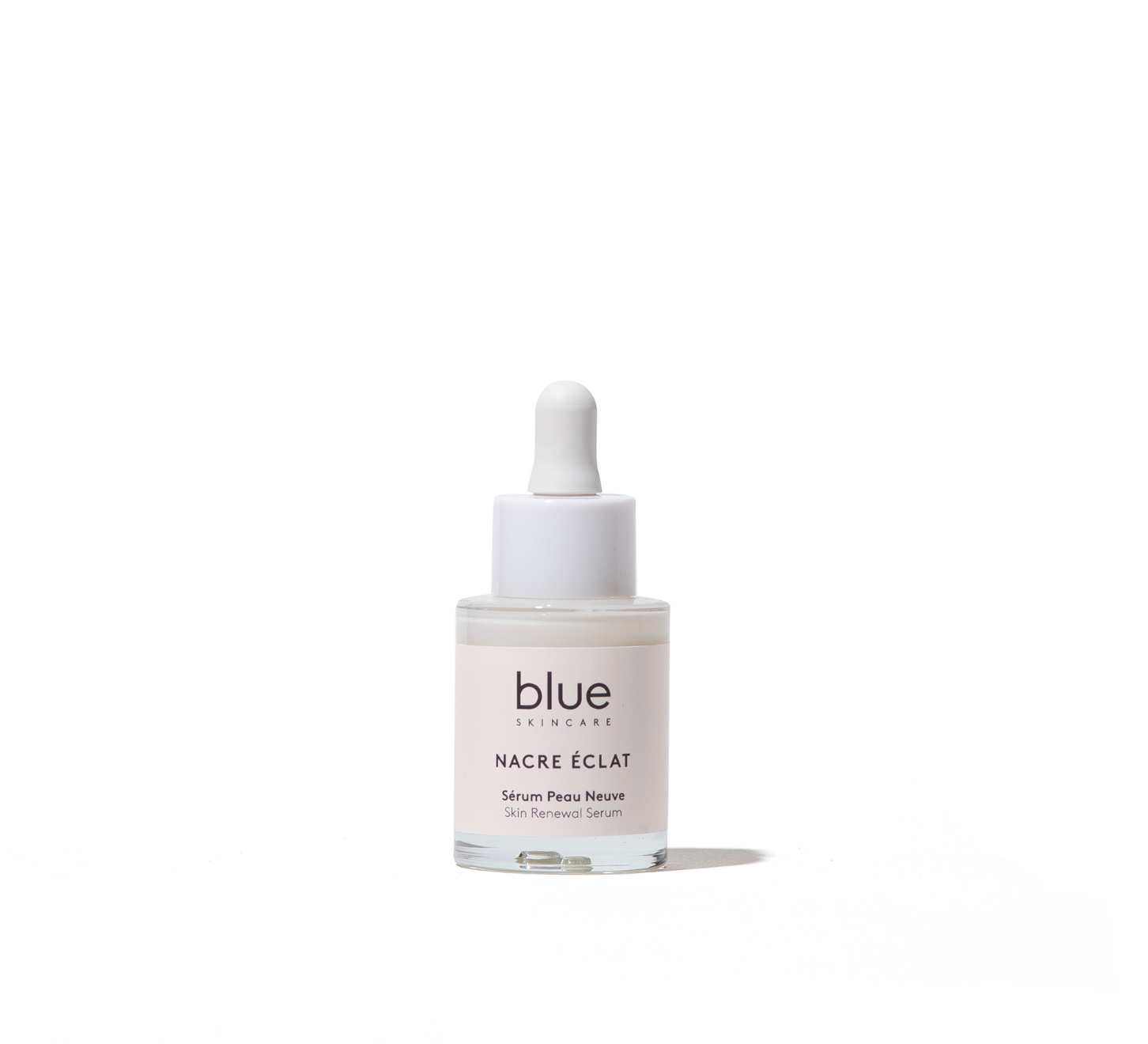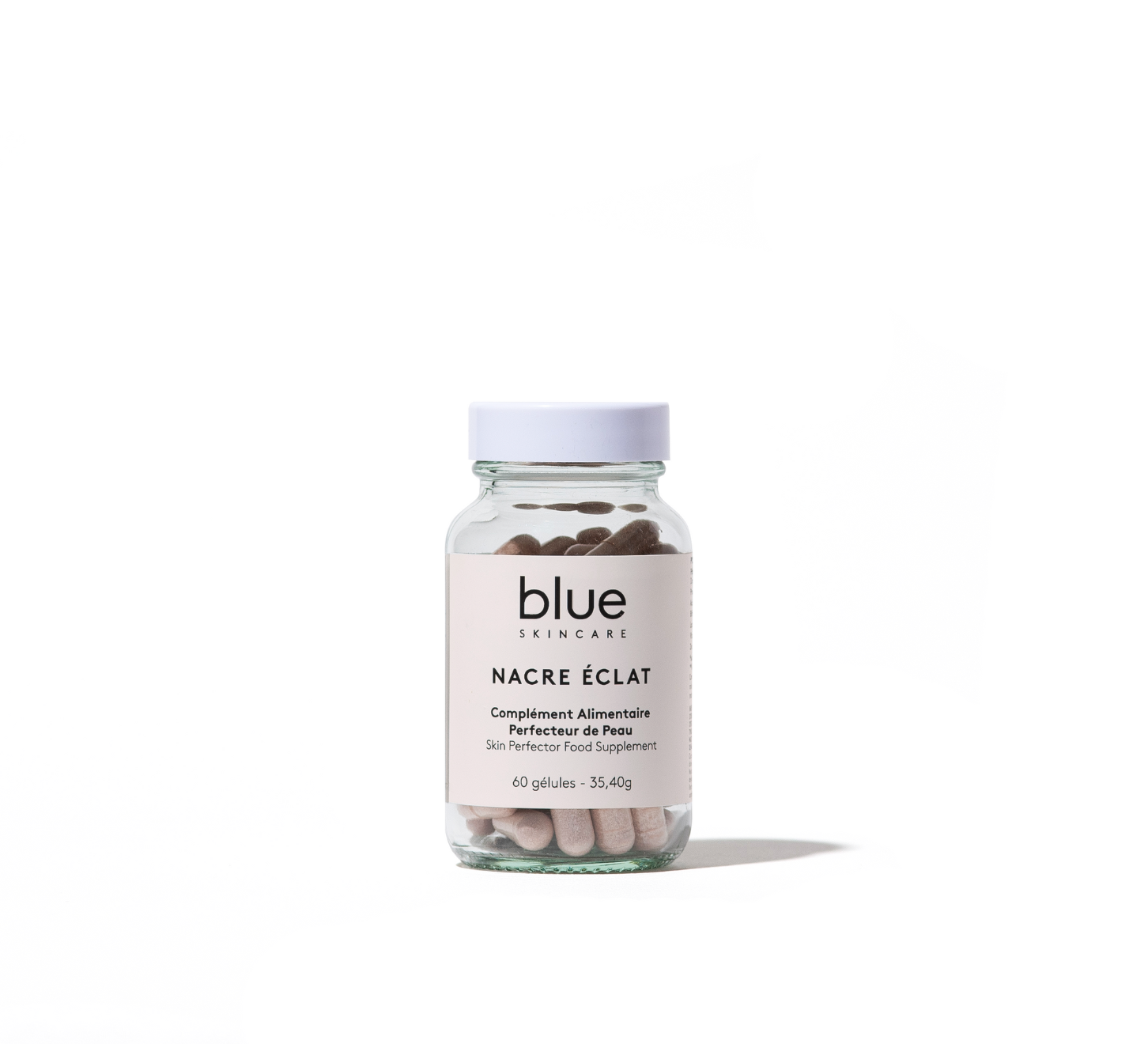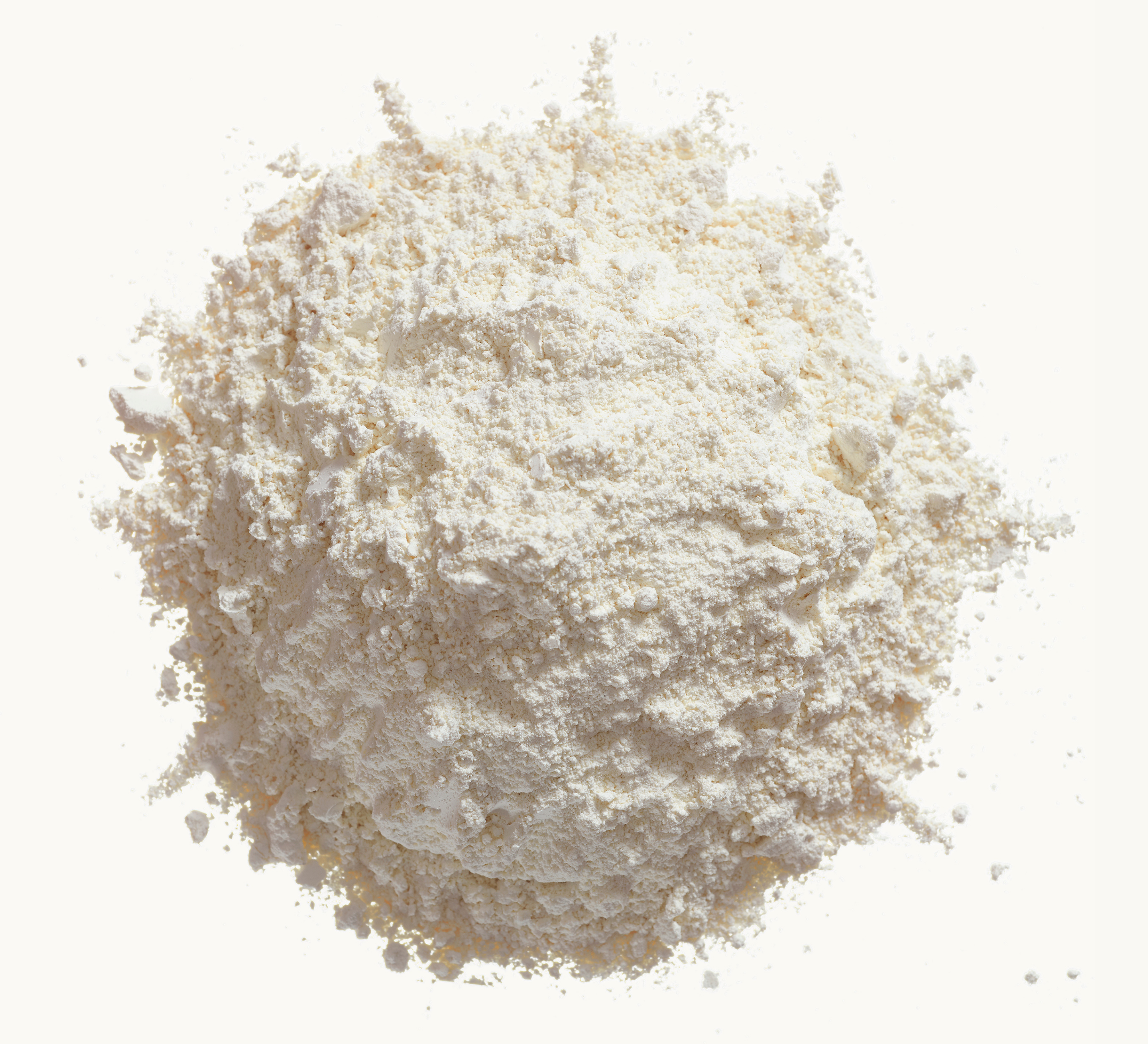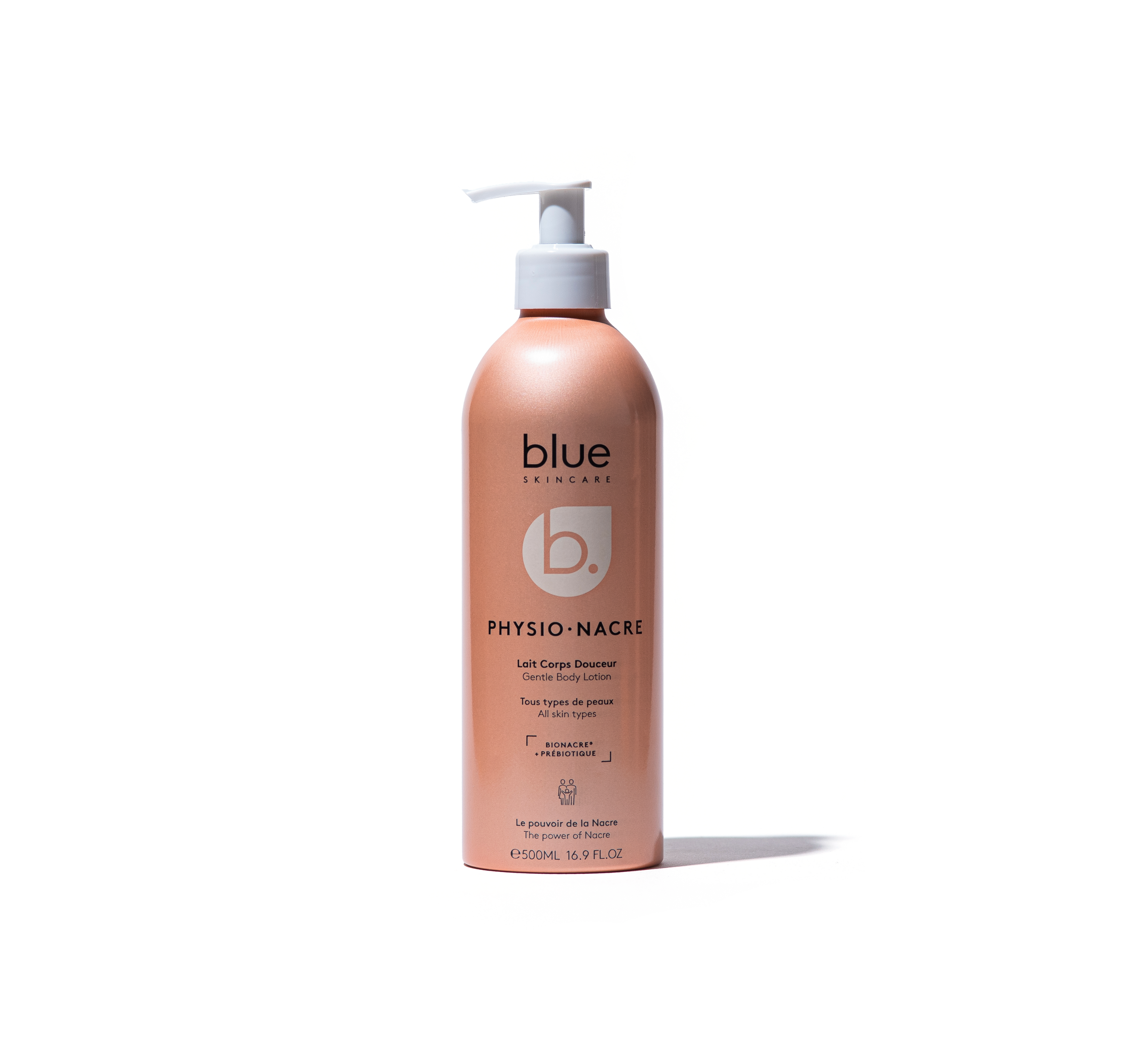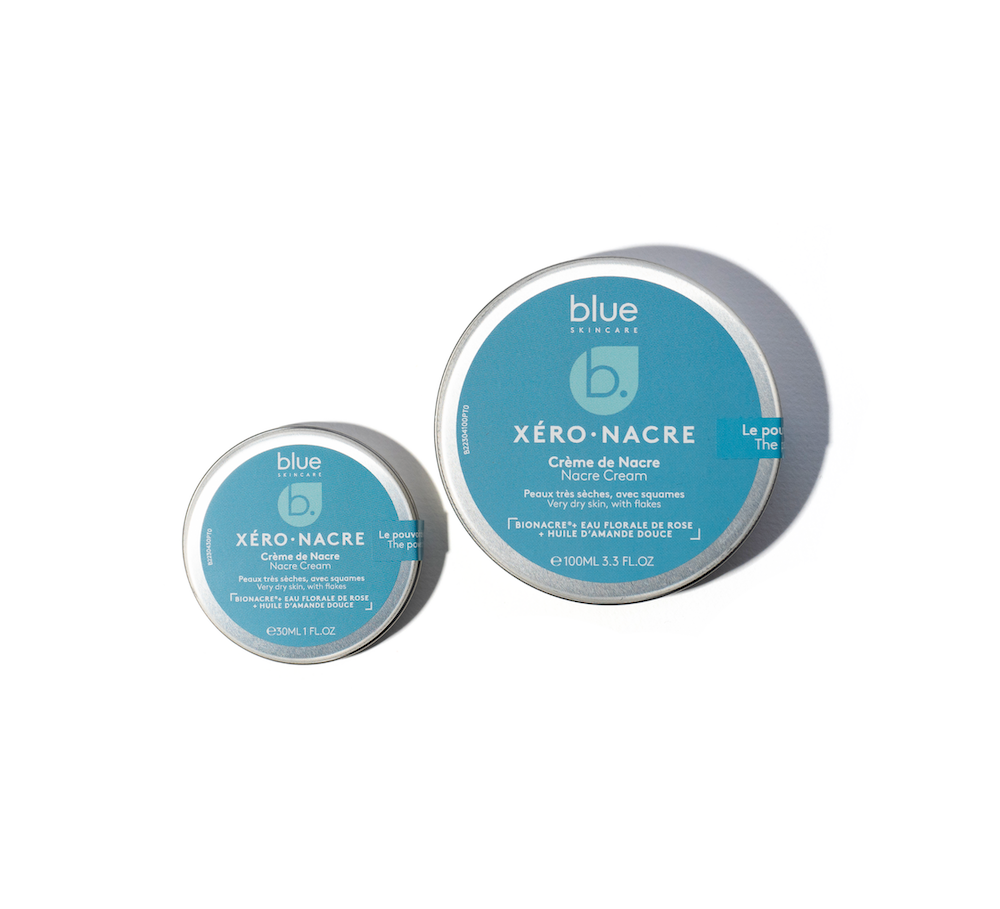Psoriasis is a chronic skin disease that manifests itself by the appearance of red, scaly patches, often accompanied by itching and discomfort.
While treatment for psoriasis can vary depending on the severity and location of the lesions, the use of specific creams plays a central role in the daily management of this condition.
These topical products are designed to moisturize, soothe, and reduce symptoms of the disease, providing much-needed relief to those affected. This article explores various cream options for treating psoriasis, focusing on those suitable for the face and scalp, as well as other areas of the body.
We will also discuss best practices for skin care and sensitive areas to maximize treatment effectiveness and maintain skin health.
Our face and scalp creams
When treating psoriasis affecting the face and scalp, it's crucial to choose creams specially formulated for these sensitive areas. Our products contain active ingredients that help reduce itching, redness, and scaling, while being gentle on the skin. Blue Skincare Keratoreducing Treatment has been shown to be effective against mild to moderate psoriasis symptoms.
Regular application, often twice daily, can significantly improve skin condition and reduce lesions. It is important to consult a healthcare professional to determine the most appropriate form of cream, especially in cases of severe lesions or an acute attack.
Our skin creams
Our psoriasis creams are designed to intensely moisturize while treating psoriasis plaques. They contain ingredients that minimize the formation of new plaques and soothe the skin.
Each product is tested to ensure its effectiveness and safety, with a high percentage of customer satisfaction according to feedback on our website. For more extensive or persistent cases, we recommend combining these creams with specific medicinal treatments, under the advice of a dermatologist.
How to care for your face and scalp?
Caring for your face and scalp when you suffer from psoriasis requires a gentle yet effective routine. It's advisable to avoid irritating products and choose specific anti-psoriasis treatments. Using non-comedogenic moisturizers and limiting sun exposure are essential parameters to consider.
Additionally, maintaining daily moisture and using therapeutic shampoos can help control breakouts and maintain scalp and facial health.
How to take care of your skin?
Taking care of your skin when you have psoriasis requires special attention, especially during flare-ups. It's essential to keep your skin moisturized by applying special creams several times a day. Avoiding known triggers, such as stress and sudden changes in temperature, can also help reduce the frequency and severity of flare-ups.
It is recommended to consult a dermatologist regularly to adjust treatment if necessary and to follow the advice available on health platforms recognized by Google to stay informed of the latest advances in skin care.
FAQ: Creams to relieve psoriasis symptoms
What is psoriasis?
Psoriasis is a chronic inflammatory skin disease characterized by thick, red patches covered with white or silvery scales. These patches can be itchy or burning and often occur on the elbows, knees, scalp, and back. Psoriasis is an autoimmune disease, meaning the immune system mistakenly attacks healthy skin cells.
What causes psoriasis?
The causes of psoriasis remain unclear, but the disease is generally linked to genetic and immune factors. Environmental triggers such as stress, certain medications, skin injuries, and infections can also cause or exacerbate flare-ups.
The immune system plays a crucial role, causing a rapid overproduction of skin cells that leads to the thickening and scaling characteristic of psoriasis.
Why is it essential to take care of your skin?
Taking care of your skin is essential to maintain its integrity and its protective barrier function against infections, allergens and environmental irritants.
For people with skin conditions like psoriasis, proper skin care can help control symptoms, reduce flare-ups, and improve the appearance of lesions. A proper skincare routine, including regular moisturizing and the use of suitable products, is therefore crucial for overall skin health.
